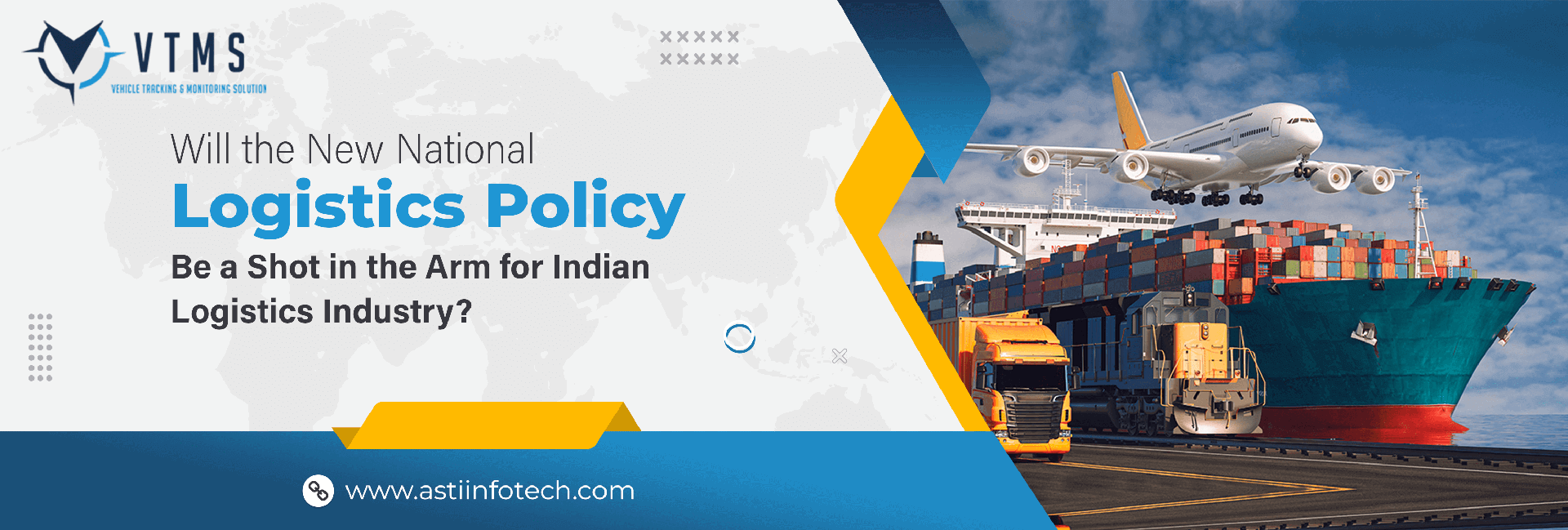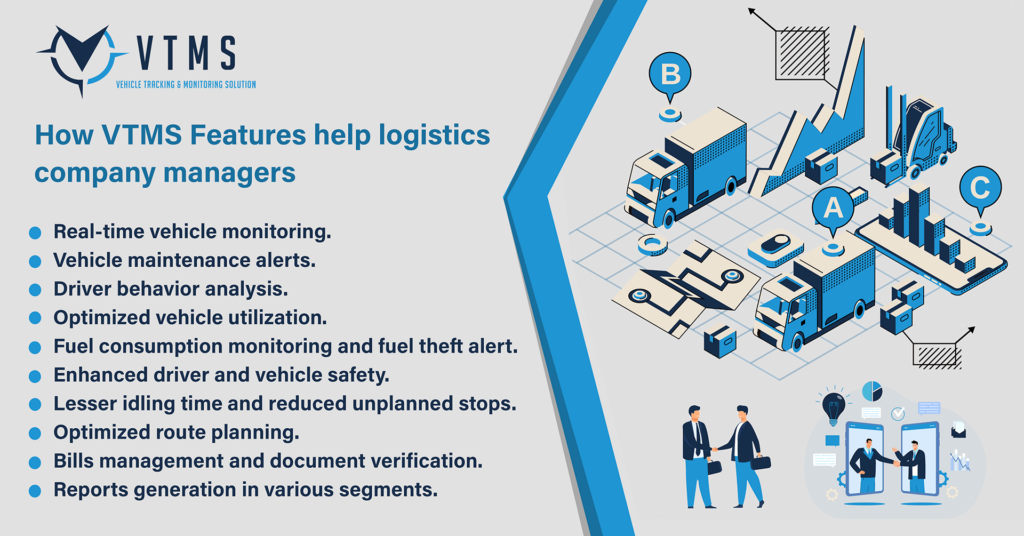Advancement of Indian Logistics Industry with National Logistics Policy

The national logistics policy was unveiled by our prime minister on Sept 17 this year. This policy aimed to integrate all mediums of cargo transportation on a single platform to smoothly carry out logistics operations. Roadways, railways, ships and airways are to be integrated on a single website, making it accessible to consumers at affordable prices and in less time.
One of the major objectives behind all these transformations was to collect proper data on the logistics industry. Another reason for such rigorous reformation was the need to reduce logistics operations costs.
The pros of launch of NLP:
● It will bring transparency through digital integration.
● In addition it’ll boost speed and efficiency.
● It will enable fast-paced logistics infrastructure development, better coordination among multiple stakeholders.
● It’ll simplify processes and documentation and boost last-mile connectivity.
NLP launch is a great initiative and its final implementation will create a win- win situation for all sections involved. From government’s point of view, they have focused on better utilization of resources and reduced operational cost but consumers who want their commodities to be transported also have their concerns.
Lesser time taken, on-time delivery, better handling of goods and proper storage are the few concerns logistics consumers bother about. It is the responsibility of logistics managers to address all these concerns and provide safer and efficient transportation facility to its consumers.
Although logistics managers try their utmost to serve their customers but they too have their share of setbacks:

● Dealing with all kinds of truck drivers.
● Fuel consumption claims management.
● Handling vehicle registration documents, verifying driving licenses and id cards
● Bills management and vehicle insurance verification
● Taking care of legal issues and insurance claims in case of vehicle accident.
Dealing with all these things manually hinders the manager’s decision making capabilities and keeps him away from being productive. Automating this manual fleet management will simplify the whole process to a great extent. VTMS i.e Vehicle Tracking and Monitoring Solution by Asti Infotech is a new age automated fleet management software which tracks fleet vehicle movement in real time, updates on their unplanned stoppages and most importantly takes care of bills management. The following features of VTMS are definitely going to help logistics managers:
● Optimized route planning, which will reduce excess fuel consumption.
● Vehicle maintenance alerts.
● Driver behaviour analysis, it keeps track of driving pattern and makes sure the driver is not sleepy drunk or intoxicated.
● Optimized vehicle utilization.
● Fuel consumption monitoring and fuel theft alert.
● Enhanced driver and vehicle safety.
● Lesser idling time and reduced unplanned stops.
● Real time vehicle monitoring.
● Bills management and document verification.
● Reports generation in various segments.
In addition to above mentioned features, VTMS is also equipped with geo fencing feature. It marks the designated travel path on the vehicle screen map, which doesn’t allow the driver to deviate from its path. In case he does so, an alert will be sent to logistics manager’s phone about the breach.
With all these fabulous features, VTMS is providing a stress free, employee friendly logistic fleet management environment which will eventually boost productivity and bring higher revenue generation. Just like this automated fleet management solution is quintessential to logistics industry, similarly NLP is also essential for better management and accessibility of comprehensive logistics throughout the country. The development of Multi -Modal Logistics Park and Unified Logistics Interface Platform are the two most important aspects of NLP. The government created a separate database with accessible information about these parks so that businesses do not have to waste resources due to poor storage facilities. ULIP is the interconnection of the IT systems of various union ministries, state departments, governing bodies, and private service providers. This system aids the logistics sector to save time previously spent researching. Instead, all the information related to the transportation sector is accessible via a single portal.
The government has taken one of the most important decisions for logistics industry in the country. These advancements the government is anticipating in the future rely heavily on data-integrated operation methods. This process can be further simplified via the widespread use of fleet management systems. VTMS is a leading player in the market integrated with the best location and geo spatial information-driven functions. Deployment of automated fleet management system in each section of logistics will definitely improve its efficiency to a whole new level with the vision of an advanced and fast paced modern India.
To explore more details on VTMS, contact us or schedule a demo right away.
FAQ’S
How will the National Logistics Policy (NLP) impact consumers’ experiences with logistics services?
The NLP aims to streamline logistics operations, leading to benefits such as faster delivery times, improved handling of goods, and enhanced storage facilities. Consumers can expect greater efficiency and reliability in their transportation needs as a result of the policy’s implementation.
Will the NLP result in increased costs for logistics services?
While the NLP focuses on reducing operational costs through improved coordination and infrastructure development, any potential changes in pricing would depend on various factors, including market dynamics and regulatory frameworks. However, the overall aim of the policy is to make logistics services more affordable and accessible to consumers.
How will the NLP ensure the safety and security of goods during transportation?
The NLP emphasizes the simplification of processes and documentation, which can contribute to better monitoring and tracking of goods throughout the logistics supply chain. Additionally, the integration of various transportation modes on a single platform can enhance coordination and oversight, leading to improved safety and security measures.
What measures are in place to address concerns regarding last-mile connectivity in logistics operations?
The NLP aims to boost last-mile connectivity by facilitating better coordination among multiple stakeholders and leveraging digital integration for seamless operations. By simplifying processes and enhancing infrastructure development, the policy seeks to address challenges related to last-mile delivery, ensuring timely and efficient transportation of goods to consumers.
How will the NLP impact the overall efficiency of logistics operations in the country?
The NLP is expected to significantly enhance the speed and efficiency of logistics operations through digital integration, streamlined processes, and improved coordination among stakeholders. This will lead to faster delivery times, reduced bottlenecks, and overall optimization of the logistics supply chain, benefiting both consumers and service providers alike.
Quick Read: Undeniable Advantages of Automated Billing for Office Fleet